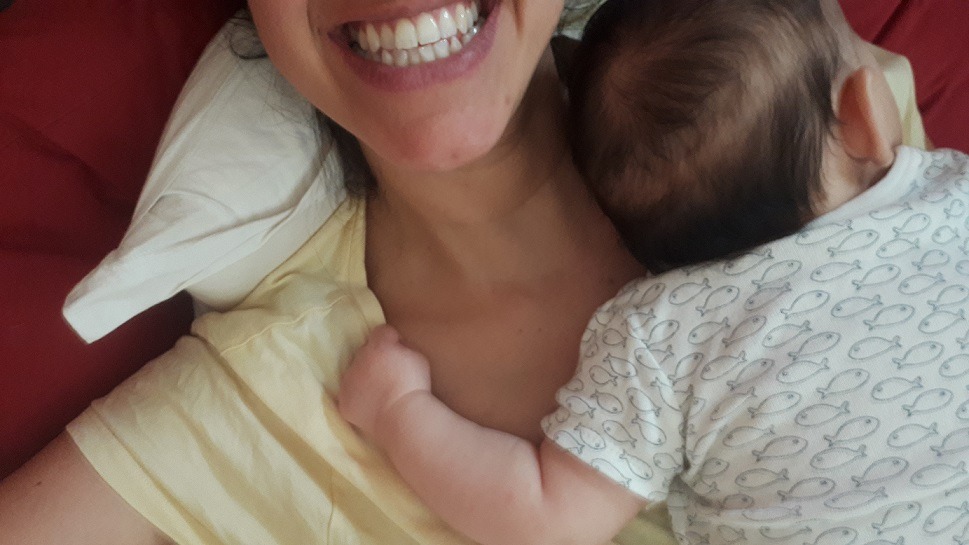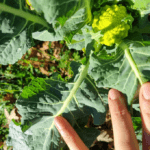
Living off-grid with a baby
Being off-grid is both circumstantial – we’re too far from water or electricity connections for them to be financially viable – and by design, as we aspire to live as sustainable a life as possible (it occurs to me that I may never have really shared more about why and how this is… but that’s a topic for a future blog). Being independent in terms of water and energy is a double bonus on that front. It is also wonderful not to have amenity bills to pay on a monthly basis other than what we pay for our cell phones and Wi-Fi connection.
Recap on the Casa Beatrix current setup
We have four buildings:
The Tiny House, aka “Chateau Cramooz”: A “Shepherd’s Hut” that we bought back in 2017 to have somewhere dry and warm to live in while we worked on buying our land and kickstarting renovations. In its 15m2 it has a kitchenette and a bathroom (shower, sink, toilet). Francois connected it to running water early 2018, and to solar-powered electricity later that same year. After a frustrating attempt to set up a gas heater for hot water, we invested in a “bailarina”, a metal cylinder with an area to start a fire and heat up to 100L of water – glorious.
Casa 1: A 95% renovated two-storey house with a big space downstairs that will be a kitchen, and an open space upstairs that will be used for events, meals, workshops, and more. All the available space up and downstairs is currently our equivalent to Ali Baba’s cavern (i.e., storage for everything from kitchenware to books, clothes, and furniture).
Casa 2: Renovations have just begun on this two-floor house that will eventually be a three-bedroom, two-bathroom living space.
Casa 3, aka “The Bergerie”: Small old barn of about 35m2 that’s fully renovated and has running water since last summer, but is “missing” an extension that we’re still waiting for the permit for. The existing space is intended as a living room and kitchen, though we’ve added a bedroom nook; and the extension will be a two-bedroom one-bathroom area.
All our water comes from springs we have on the land and water that is collected in reservoirs (piping has been done by Francois #myhusbandrocks). Electricity is purely photovoltaic, with a small four-panel, two-battery system that is now connected at the Bergerie instead of the Tiny House.
Over time, we hope to add a wind turbine to the mix, and set up a much bigger, centralized photovoltaic system.
Heating is done via wood burners that we have in every space. The wood is cut and dried by us, currently as part of clearing efforts that fit within fire-prevention strategies. Longer-term, the wood we cut will fall under sustainably managing our forest.
Parenting off-grid: Recap after the first few months
We lived in the Tiny House for almost three years, and just before Christmas we moved to the Bergerie – because even with Tetris-level skills, we could not figure out how to fit a baby, crib, and baby accessories into the Tiny House with us! This is where we now live with the little one.
So far…
At times, it has been challenging to keep the temperature constant. Babies need a temperature around 21 degrees Centigrade, and our space had a tendency to drop to 16-18 at night (which it turns out is a sweet spot for babies to sleep in), and occasionally rocket up to 26 if the fire burned too long or too hot on a day that wasn’t as cold as expected.
Other than that, the biggest “complications” are that
- We live in a single, open space
- We don’t have hot running water
- Our electricity supply is “limited”
Being in a studio-like space means that if the lights have to be off so the little one knows it’s time to sleep, the rest of us have to use headlamps or our phones to avoid stubbing our toes or stepping on sleeping dogs. My solution (other than actual headlamps and phone screen lighting, which we use as well) was to bring in a big old wine bottle with fairy lights in it and turn it on at night. Tadah! Now we have a source of soft lighting that reduces mishaps without interfering with sleep quality.
Not having hot water on tap means that to give little A a bath, we have to heat up water on the gas cooker. It takes a bit longer, but we’ve adapted and the proof is that she enjoys bath time!
When I say our supply of electricity is “limited”, I use quotation marks because for most intents and purposes, we can use electricity as we would in a city: our (mini) fridge, lights, charging phones and laptops, drills, hairdryers – it all works just fine.
However, there are two caveats to that. The first is that if we have more than three very grey and rainy days, our batteries don’t charge as well or as much as ideal, and we have to keep an eye on the electricity supply to make sure we don’t over-consume. We do have a generator we can use to charge the batteries if a top-up (or “artificial” full charge) is needed.
The second caveat is that we don’t have a microwave. This is only a sort-of issue because it means that if we need to heat up a bottle to feed little A, it will take a while. As I’m breastfeeding on-demand, it is currently not an option for me to pump so that her dad can warm up the milk and feed her.
In case it isn’t a given, none of these “issues” are real problems. Little A is almost four months old, and I think it’s safe to say she is thriving! So, although our choices are unconventional, it’s official: living off-grid with a baby is absolutely feasible if it aligns with your values and the kind of lifestyle you aspire to.
In other words, so far, so good – but stay tuned if you’re curious about how things go when Little A starts crawling (she’s already excited about both crawling and walking, so I suspect it’s going to be quite the ride, in the best possible way… she says full of hope). Granted, that has nothing to do with whether of not we’re off-grid, but being on a farm will assuredly make things all the more interesting!





Christina
Oh…Congratulations for parenthood and baby! Stay healthy.
Next generation growing for dreaming big and prioritising sustainability.
Good vibes from Germany.
Christina
Shahnaz Radjy
Hi Christina, thank you and yes – that’s exactly what we’re hoping and aiming for! (And sorry for the delayed response – your comment was lost amidst a zillion spammy ones.)